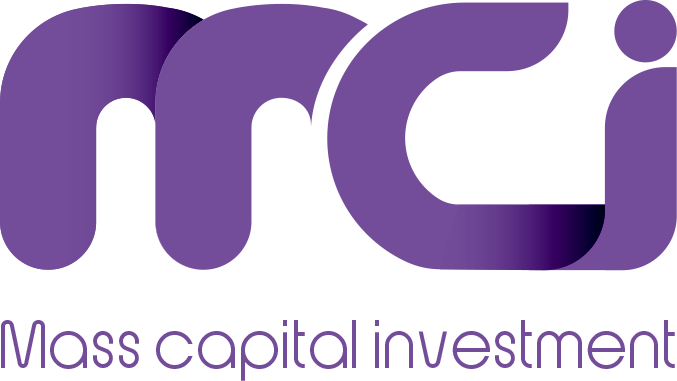Having a project idea but doubting its quality and its potential for success?
Seems like you need a feasibility study!
The feasibility study is a detailed analysis of arranged and accurate steps that takes into consideration all the essential aspects of the proposed project to determine the possibility of its success or not, and it is a key element in the implementation and development of projects.
Some entrepreneurs define success in their ventures mainly from the return on investment (ROI), which means that the project will generate enough profit to pay the investment.
However, the return on investment is not the only factor determining whether the investment and the idea is successful or not, but there are many other important factors that affect negatively or positively, such as the impact of the project on society and potential environmental impacts.
Although feasibility studies help managers and project owners in identifying risks and action plan, but significantly, several steps should be considered before moving forward.
We conclude from the foregoing that the feasibility study is an important factor in deducing the project’s potential success and the surrounding risks, so how do we know the feasibility study?
A project feasibility study is a study carried out by the project owner himself or assigns the matter to a company specialized in preparing feasibility studies in order to study a new project or expand an already existing project, to find out whether it is feasible to implement the project? What is its success rate? The feasibility study reviews the capabilities required for each project and its investment costs, and clarifies the marketing opportunities, the volume of expected revenues, and the challenges ahead.
In detail, the feasibility study is the evaluation of the practical application of an expansion plan for an existing project or a proposed project. The study was also designed to identify potential obstacles and problems that could arise during the course of the project. As an integral part of the feasibility study, project managers and owners must determine whether they have enough qualified people, financial resources, and technology to ensure viability.
The study also determines the return on investment, whether it is defined as a financial gain or a benefit to society, such as establishing a non-profit project.
The feasibility study includes a cash flow analysis, measuring the cash return generated from the revenues against the operating costs of the project. A risk assessment must also be completed to determine whether the return is sufficient to offset the risk of undergoing the project.
Is a feasibility study necessary?
A project feasibility study is the basis for determining the success of any project or not.
The aim of the feasibility study is to know the needs of the successful project in terms of costs and resources and its success rate in the short and long term. The feasibility study also helps to identify the points of opportunity available for the project and the points of expected challenges, and to develop plans to overcome them in order to reach the project for the greatest success rate in the future.
The economic feasibility study and the market study make it possible to know the expected risks in the future and develop an alternative plan in the event of their occurrence in order to get out with the lowest possible losses. The feasibility study also determines the project costs, expenditure and expected revenues.
The feasibility study is important for the development of projects and cannot be dispensed with, and any project must complete a feasibility study linked to a certain time to implement it in order to reach the main goal and achieve the highest possible profit return.
A feasibility study is the first step towards the success of the project, so do not skimp on spending money, time and effort in order to complete a feasibility study that defines the goals of your project in the short and long term and briefs you on all the details of the project before its implementation.
What are the elements of a feasibility study?
Components commonly found in a feasibility study include: executive summary, technological considerations, current market situation, marketing strategy, hiring and labor required, human capital, schedule, project financing, findings and recommendations.\
Contact us in MCI for more info.

